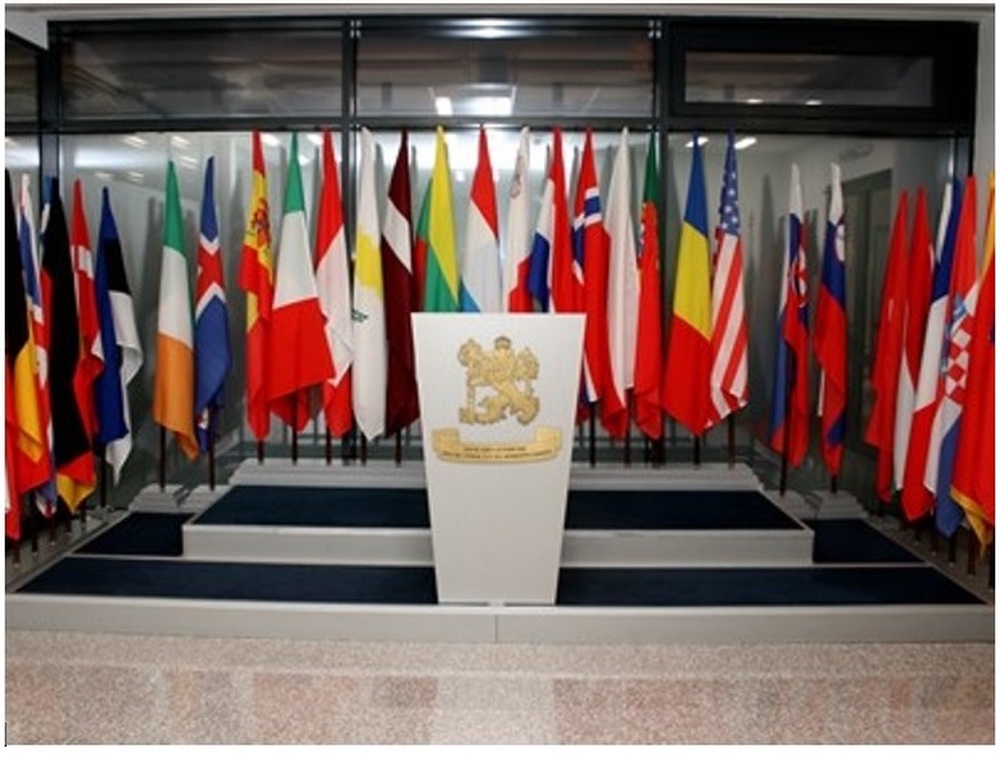site.btaApril 24, 2002: Parliament Adopts Protection of Classified Information Act


On April 24, 2002, the Bulgarian Parliament adopted the Classified Information Protection Act. The law was gazetted on April 30, 2002. It was new by nature and contents, it introduced “classified information” as a concept for the first time and established the legal framework for its protection. The term applies to information representing a state secret, official secret and foreign classified information.
The need for the protection of classified information is part of the national security of the Republic of Bulgaria. The free access to protected facts and circumstances could harm the territorial integrity, the independence and sovereignty of the state. For this reason it was necessary to find a balance between the free access to information and the interests of the state and society when protecting national security. Limiting access to classified information aimed at preventing the threat or the harm to the interests of the Republic of Bulgaria related to the sovereignty, independence, territorial integrity, defence, constitutionally-established order, foreign policy and international relations. Guarding these interests through the protection of classified information guarantees the democratic functioning of the state and its institutions.
The State Commission on Information Security was established by a Decree of the Council of Ministers No.262 dated November 15, 2002. The Commission is responsible for the implementation of the policy of the Republic of Bulgaria on the protection of classified information.
The most important amendment and supplement to the Classified Information Protection Act was made in 2016. Article 69 of the Act now reads: “The denial, termination and revocation of a clearance for access to classified information issued by the State Commission on Information Security shall be subject to appeal before a three-judge panel of the Supreme Administrative Court. The ruling of the court shall be final.”
This is how the BTA English Services covered the adoption of the Classified Information Protection Act:
Parliament Enacts Classified Information Protection Law
Sofia, April 24 (BTA) - Parliament adopted at second reading the Classified Information Protection Act, voting the list of categories of information subject to classification as a state secret.
Documents on negotiations leading to financial agreements of state importance, whose disclosure may harm national security, constitute a state secret.
Other categories of state secret are research of particular importance to the interests of the national economy, commissioned by state bodies, as well as information on technical and organizational decisions whose disclosure may jeopardize major economic interests of the State.
Political, economic or military information concerning other States, obtained on condition that it will be protected as classified information, was also put on the list. Information on inventions and useful models relating to the country's defence and security under the Patents Act is also classified.
Information on foreign policy is a state secret if unauthorized access to it may pose a serious risk to national security or may harm Bulgaria's positions in negotiations with other States.
Also on the list are information and documents on the domestic policy and military condition of other States, based on unpublished data, whose disclosure may pose a threat to the country's national security.
The organizational and personnel structure of the security and public order services forms a state secret. Data which can be instrumental in identifying persons who cooperate or cooperated with the security and public order services are secret. Information on the appropriation and utilization of budget funds and state property for special purposes relating to national security constitutes a state secret.
The list includes information provided by the special services on persons suspected of subversive, terrorist or other unlawful activity against the public order, security, defence, independence, integrity or international position of the State.
Parliament approved a questionnaire to be used in the vetting of persons who have access to state secret information. Data on the person's close relatives are required. There are questions regarding alcohol and drug use, mental disorders, financial obligations, income and property status of the person under examination and their family. DD
/NF/
news.modal.header
news.modal.text